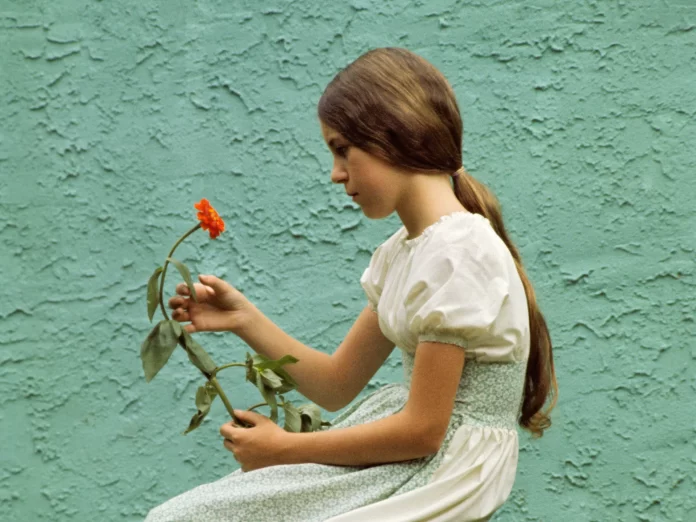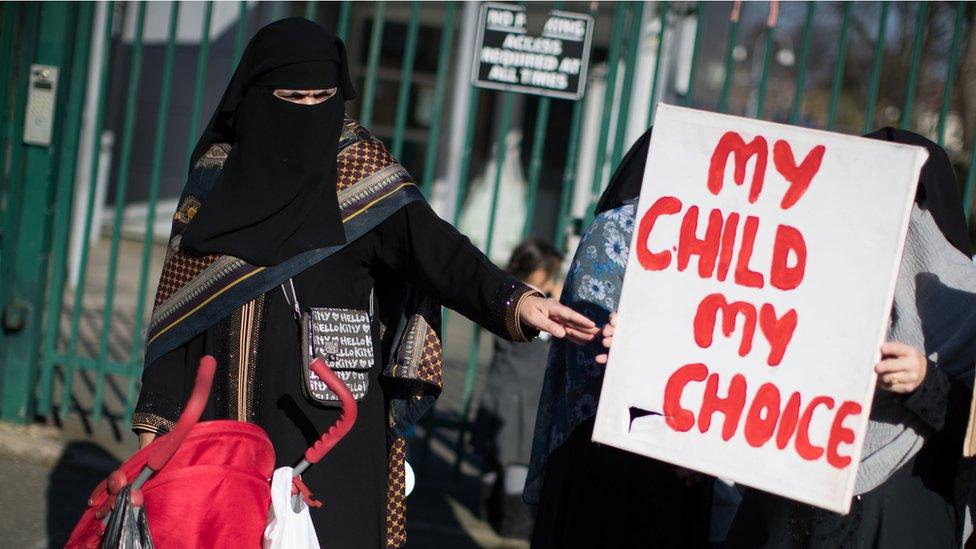When I was the tender age of 11, a visiting school nurse gathered all 30 members of my class together in the library. We were each given a small glass of milk, about a quarter full. Then one of the boys, let’s call him Matthew (because, well, that was his name), was given a glass of putrid, faintly yellow, rotting filth; it must have once been milk but not for some weeks, at least. His job was to empty this into one or two people’s glasses; they then poured some of their milk into their surrounding cups in turn; and so it spread, the filthy smell of rotting dairy filling our nostrils and, I imagine, forever fouling the carpet. After about three minutes, with everyone now swilling round half pints of sour lactose, we were told to sit down, face the front, and listen to a short lecture about the spread of sexually transmitted infections. From then on, every time I thought about anything from chlamydia to HPV, I was haunted by a vague whiff of partially rancid milk.
I bring this up not just to spread a cheerful image (and to remind some of you to stock up on condoms), but because sex education in schools has once again been the subject of controversy, this time in Northern Ireland. Actually, I’m struggling to think of a time when sex education hasn’t been in the news in the UK, at least in some form, for about a decade at least. Whether by attacking individual schools, head teachers, the Department for Education, drag queens, or parents, there is always someone willing to oppose the direction of travel. Which, of course, is their right—for the meantime, at least. (Although, if environmental demonstrations are anything to go by, any right to protest is going to be wiped out fairly soon.)
I firmly, and perhaps unsurprisingly, believe in relationship and sex education from the moment your child starts asking questions. Which, in my son’s case, was about two months after he first started saying the word “banana.” Children want to know about their body parts. They want to know about your body parts. They want to know why certain body parts change shape and color, why some things stand up and others sag down, who they should kiss and when. They will watch you in the bathroom and put their hand up your sweater and come in while you are getting dressed. I know for a fact I am not the first woman to have to explain to their son, while sitting on a toilet full of blood, what a period is. I am not the first woman to be asked about “mating” (a lovely phrase for it and one I will attempt to introduce into any erotic fiction I’m ever commissioned to write). I am not the first mother to have their child ask what constitutes a couple. And while in that last case I was sorely tempted to say a shared phone password and dwindling sex life, the truth is, I want him to know as much as he wants to know. I want to answer his questions with accuracy and in good faith. I want him to feel confident and to feel pleasure, now and throughout his life.
Because, here is the alternative: You lie to your children. You withhold information. You treat their bodies and interests and eventual appetites as disgusting or shameful or wrong. You fill them up with fear and misunderstanding and self-reproach. And then you leave them to slowly boil in the pressure cooker of modern life. With smartphones and peers and the internet and early encounters. You leave them to either explode into dangerous situations, with no preparation and nobody they can trust, or to wither into sadness and loneliness and potential harm.
Of course, you don’t have to cover everything straight away. Just as you don’t start numeracy with quadrilateral equations and Fermat’s great theorem, and you don’t teach your child to read by handing them the collected works of Shakespeare, so you can begin your relationship and sex education with something simple. By talking about the shape of your family, perhaps. Or how it feels to love someone. Or how to look after their body. You don’t need to go straight in with the ethics of threesomes and where to buy spanking paddles. In fact, I would be quite old-fashioned and say it’s best not to.
Learning about sex and love and relationships and intimacy and health and consent is not just incredibly valuable, but also interesting. It helps you understand people. It opens you up to future joy. It makes you feel less lonely. My only word of caution? If you’re going to use rotting milk to teach a child about STIs, make sure you’ve put down some newspaper, for God’s sake.
Cre: Vogue





